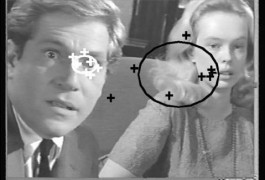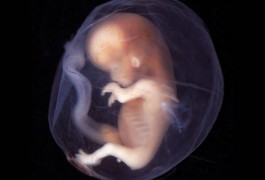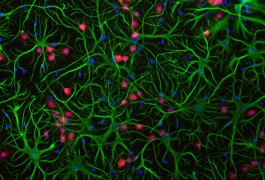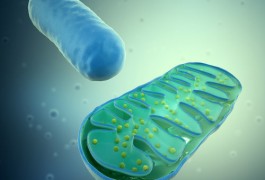Molecular mechanisms: Metabolic changes increase risk of autism
Children with autism have fewer DNA modifications that regulate gene expression compared with healthy siblings and controls, and show evidence of DNA damage, according to a study published 26 April in the Journal of Autism and Developmental Disorders.










